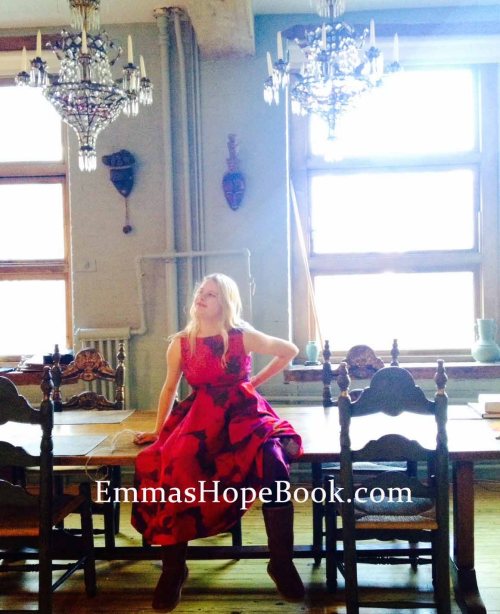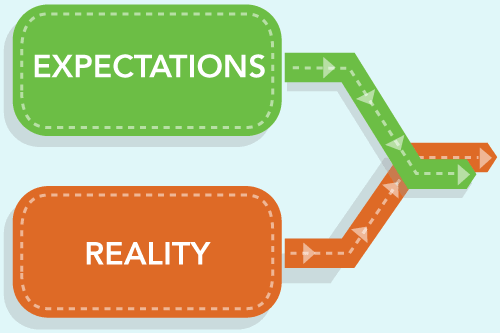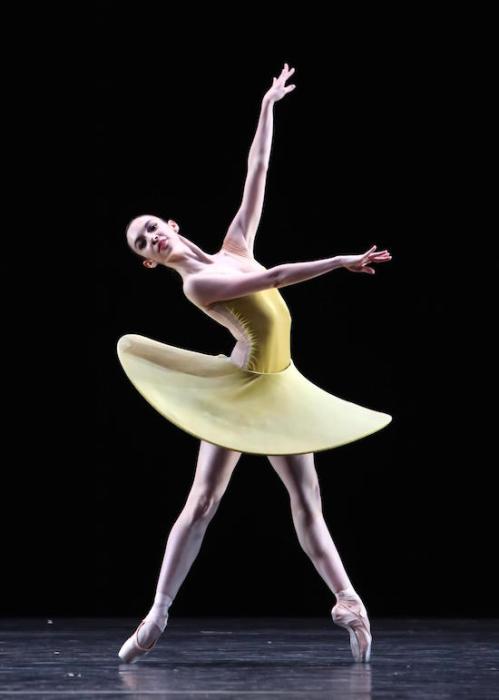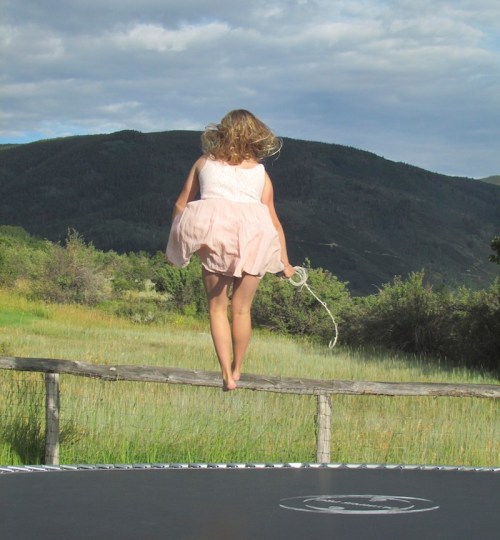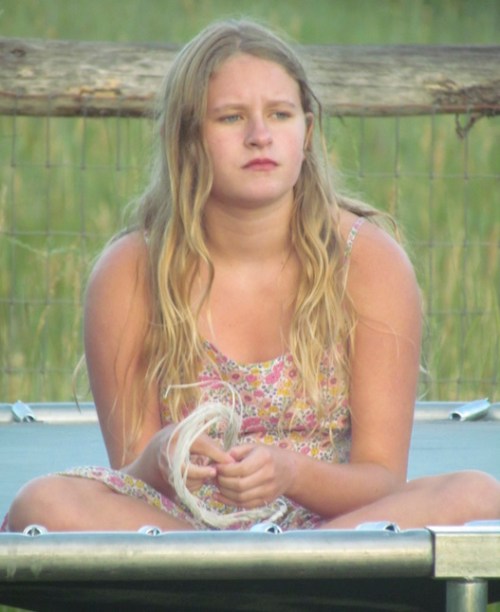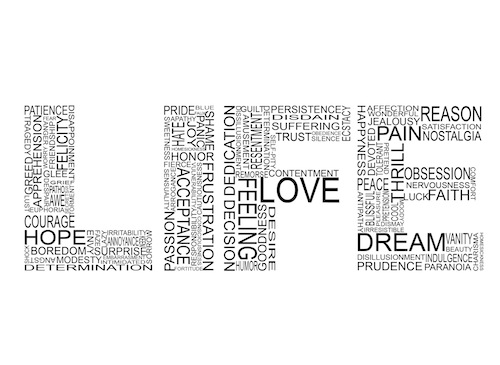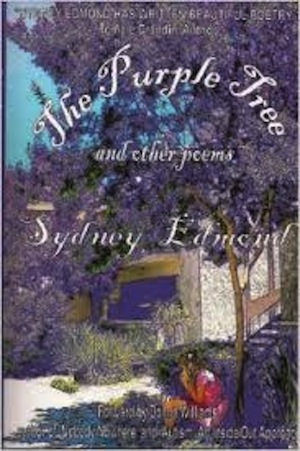Written by Emma Zurcher-Long
“I will talk about the upheaval from last night”
“I toyed with downward feelings of rage then
as bountiful memories seeped into my raging mind
I surrendered to purposeful sleep
my screaming mind is momentarily spared from stormy thoughts
piercing my being
threatening no kindness
patience is ground down til pounding terror is all that remains.
Only the dedicated few
talk about love during episodes of furious pain
their love is rejuvenative and restores faith in this awkward world.”
From Ariane:
Emma wrote this after having a very rough night over the weekend. I asked her if it was okay to post her beautiful words here and she agreed. I asked because there was a time before we had found a way to support Emma’s outpouring of words, before she was able to write, before we were able to understand, before we understood… those were the times when nights such as the one she is referring to were even more devastating for all of us and our assumptions about what might be going on were so often wrong. Emma agreed to post this because, “It’s important that other parents understand.” The problem with the assumptions we made was that they often led us to then behave accordingly, even without meaning to, they affected how we responded to her.
We might have thought – this is a manipulation, she is doing this to us. We are being held hostage to her screams. We would mistake her terror for manipulation. We might withhold our love in anger. We might assume that to not do so was giving in or condoning the “behavior”. We might do any number of things to “show” her that this way of being was unacceptable. Except that this “way of being” was so beyond the scope of our experiences, so beyond what we could make sense of.
“Pounding terror is all that remains.”
And so I remembered afterward the comments from this post, “What Others Had to Say: Love, Overwhelm, Violence” and all the people who so generously opened up their lives and wrote about their experiences with being overwhelmed and no longer able to cope. That point when feelings completely take over and all we can do is weather the storm. Emily K. wrote: “Remove yourself from “their” space but do not leave. Defend yourself but do not leave. Let your child Leave/ escape and do not block his/her path. Follow but do not intrude. Allow space and time do not react but respond in the opposite, we need peaceful and loving parents.”
And Autisticook who wrote: “It will get better.”
And she also wrote this: “Teach me how to be upset. Show me there are other ways of being upset, instead of only telling me the way I have chosen is wrong and leaving it at that.”
And this: “You’re the adult, so I’m depending on you to explain to me what I’m doing and why. I won’t be able to correct you on your assumptions until I’m an adult myself. So please be careful in learning my behaviour and don’t label it until you’re absolutely sure. It’s also OK to ask my input on this when I’m calm and happy.”
And this: “Allow me a way out. If my self-regulating isn’t allowed, I can guarantee you I will get a meltdown. And once I am in that space, all I can think of is making the thing stop that made me go into meltdown. I only have short term memory and very limited reasoning power when I go into meltdown, so I will latch onto whatever trigger I see in front of me.”
And this: “I will keep triggering until the world is empty of triggers or until I am utterly exhausted. So if you hold me down, you’re actually keeping me in the world of triggers. I need a different world that is practically triggerless. But I’m too young to know this, which is why I will sometimes keep following you and hitting you even though you try to remove yourself. Because I want the upset feeling to stop and the only way I know how to stop something is to hit it until it stops moving.”
And THIS. This is SO important: “Don’t ask me questions. If you want to know how I’m feeling, please ask me afterwards, when I have calmed down and can find my words again.“
And this: “Don’t try to distract me.”
And this: “Once I’m in my safe space and I know people will no longer ask me questions and I can block out the noises and lights and stim to my heart’s content without someone telling me it’s wrong, I usually calm down within an hour or two.”
And finally, this: “Please give me time to process.”
I would like to report here that I remembered each and every one of these things and that I put them all into action, but I didn’t. What I did do was try to remain calm and loving. And when my calm began to fray, I tried to remove myself, while reminding her of my love. I did a number of things right, and I made a number of mistakes. We are all learning here. When calm was restored Emma said she wanted to write about “the upheaval from last night.” This was in response to my question, “Is there something in particular you want to talk about this morning or would you prefer we discuss an article from the New York Times?
I was surprised she wanted to talk about it. And then she wrote those beautiful words, which I can only describe as less prose and more poetry, a song, really. A song borne of experience, despair, and transformed into a thing of beauty.
The beauty of Emma.

Emma ~ 2012

